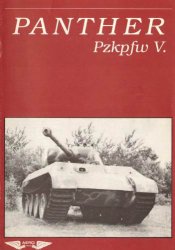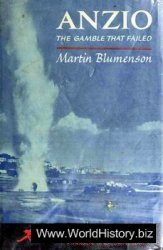King of Castile and Leon (1126-1157); the son of Urraca, queen of Castile and Leon, and Raymond of Burgundy, count of Galicia.
After Urraca’s troubled reign, Alfonso VII helped restore both social peace and political stability in Leon and Castile. It was his policy to strengthen the idea of the “Hispanic Empire” by means of imposing feudal links of dependency in order to guarantee the predominance of Castile and Leon over the other Christian kingdoms of the Iberian Peninsula. Their rulers, as well as numerous princes of the south of France, attended Alfonso’s imperial coronation at Leon (1135). However, Alfonso was forced to concede the independence of Portugal (1143).
The imperial idea further motivated Alfonso to pursue the struggle against Islam. Both the collapse of the Almoravid Empire and political division in Islamic Spain facilitated his offensive: he took Oreja (1139), Coria (1142), and Calatrava (1147), the latter being a key stronghold in the route between Toledo and Cordoba. Later, he took Almeria (1147), in collaboration with Aragon, Genoa, and Pisa. The rising Almo-had Empire, which had replaced that of the Almoravids in North Africa, launched an Islamic counteroffensive. Alfonso VII died while on his way to relieve Almeria, which had been recaptured by the Almohad army. His death clearly showed the failure of his imperial aspirations, for his realm was divided between his sons, Sancho III receiving Castile, and Ferdinand II receiving Leon.
-Carlos de Ayala
Bibliography
Rassow, Peter, “Die Urkunden Kaiser Alfons’ VII. von Spanien,” Archiv fur Urkundenforschung 10 (1928), 327-467; 11 (1930), 66-137.
Recuero, Manuel, Alfonso VII, emperador: El imperio hispdnico en elsiglo XII (Leon: Centro de Estudios e Investigacion San Isidoro, 1979).
Reilly, Bernard F., The Contest of Christian and Muslim Spain, 1031-1157 (Oxford: Blackwell, 1995).




 World History
World History









